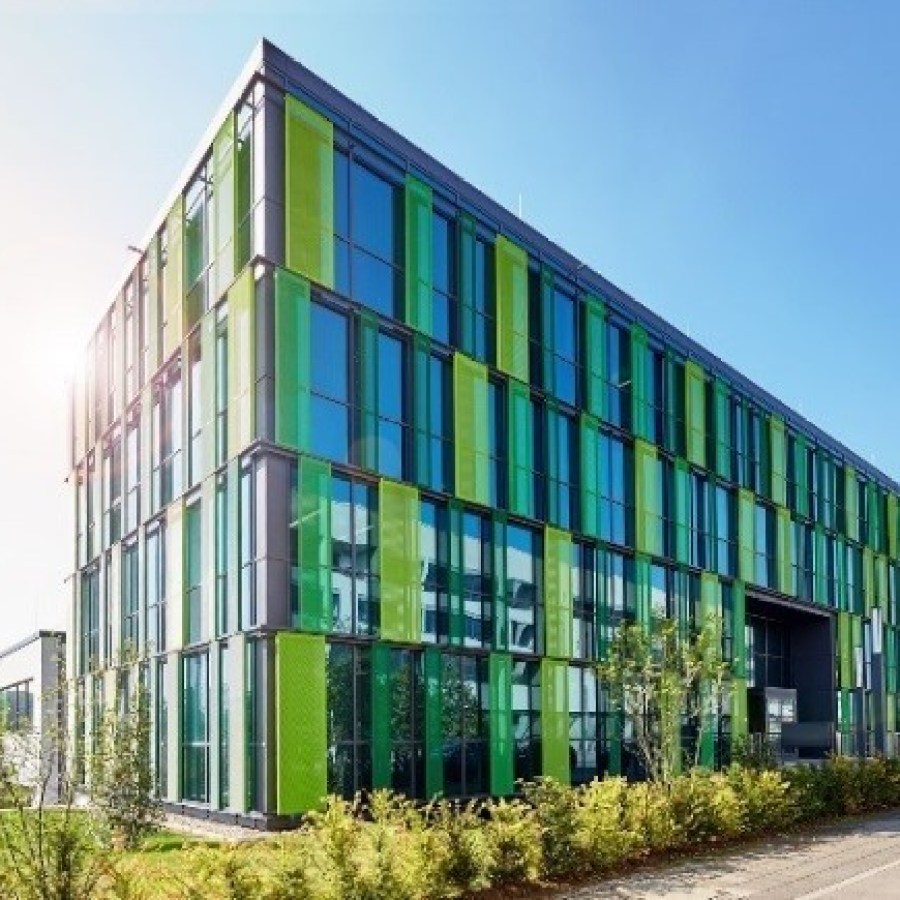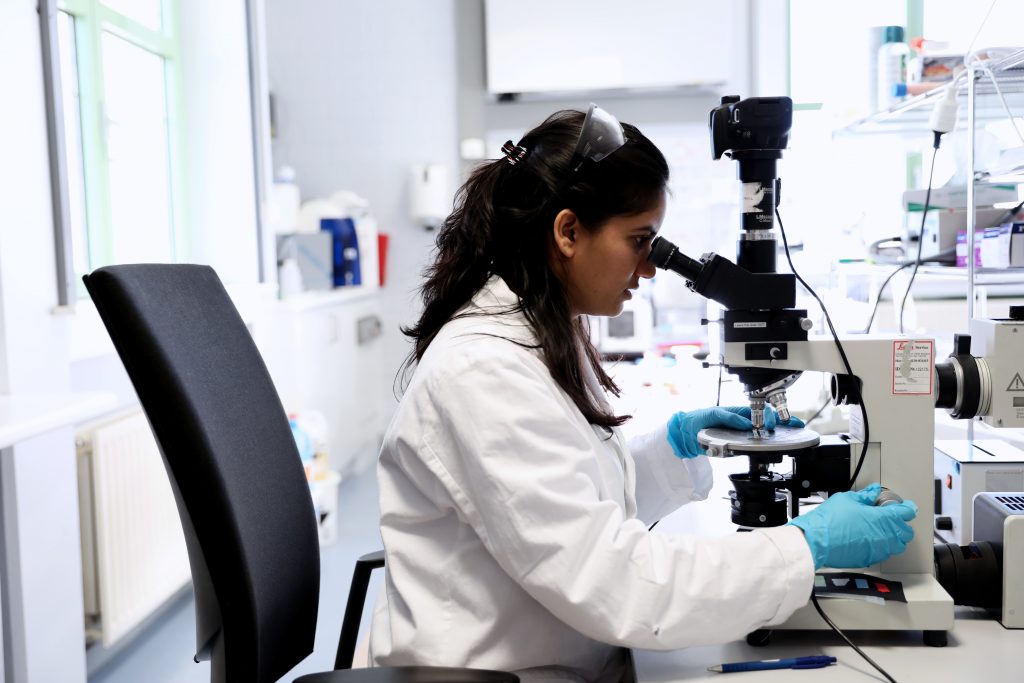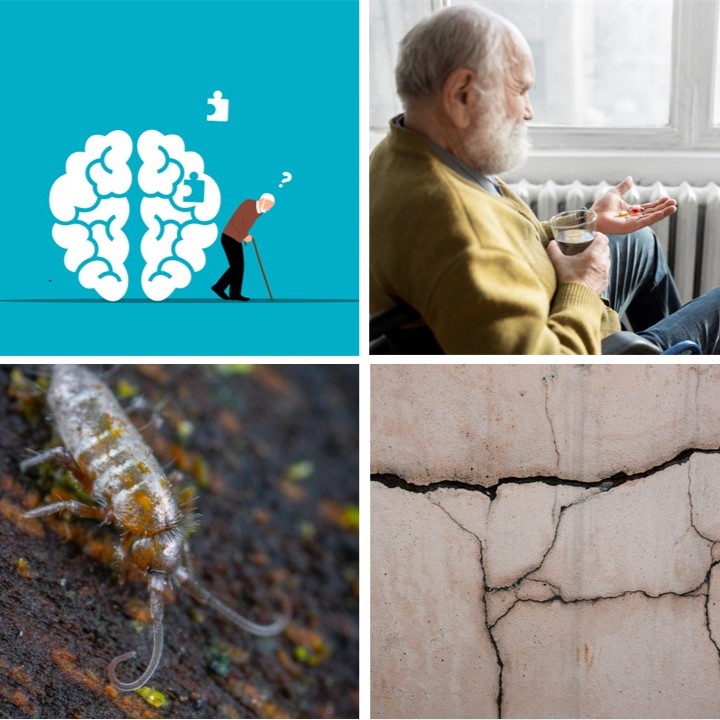Translational Medicine in Luxembourg
Luxembourg aims to make scientific results available for the patient. The country strives to improve patient’s quality of life by translating the latest healthcare technologies into medical practice, particularly in the field of personalised, data-driven and digital medicine. The National Research and Innovation Strategy therefore aims to position Luxembourg as a centre for translational medicine.
Translational medicine brings together research in biomedicine, public health and digital medicine as well as technical knowhow. It translates findings from research into prevention strategies, diagnostic tools and treatments for patients, bridging the gap between scientific discoveries and patient care. By fostering an interdisciplinary approach, translational medicine ensures that medical innovations are rapidly applied in healthcare and contributes to the efficiency of the healthcare system, benefiting patients, the economy, and society.
Internationally recognised successes in research on neurodegeneration as well as in immune and cancer research in Luxembourg are predestined for the integration of research and care. The focus here is on data sharing and data integration, patient-focused and clinical research, as well as on international collaborations. Main actors in the field of translational medicine in Luxembourg are internationally renowned public research organisations such as:
- the Luxembourg Institute for Health (LIH);
- the Luxembourg Centre for Systems Biomedicine (LCSB) at the University of Luxembourg;
- the Department of Life Sciences and Medicine at the University of Luxembourg;
- the National Health Laboratory (LNS);
as well as the public hospitals “Centre Hospitalier de Luxembourg” (CHL), “Hôpitaux Robert Schuman” group (HRS), “Centre Hospitalier Emile Mayrisch” (CHEM) and “Centre Hospitalier Neuro-Psychiatrique” (CHNP).
As collaboration is key in this area, research institutions in Luxembourg work closely together and produce numerous joint publications each year. Luxembourg is also a member of EATRIS and was granted the EATRIS Node Reward Framework award in 2020. In addition, ELIXIR-LU, the national node of ELIXIR, the European infrastructure for life science information, is serving as an international data hub for translational medicine.
Over the past years, the country and its research players have worked together to create a comprehensive ecosystem where innovative health research is flourishing and can interact with hospitals and healthtech companies. The creation of the Luxembourg Center for Translational Research (LCTR) in Luxembourg in 2022, an infrastructure for clinical trials, has been an important step in this direction. Other facilities include a drug screening platform as well as a biobank. Moreover, the Luxembourg National Data Service (LNDS) supports the sharing and use of data for research purposes.









